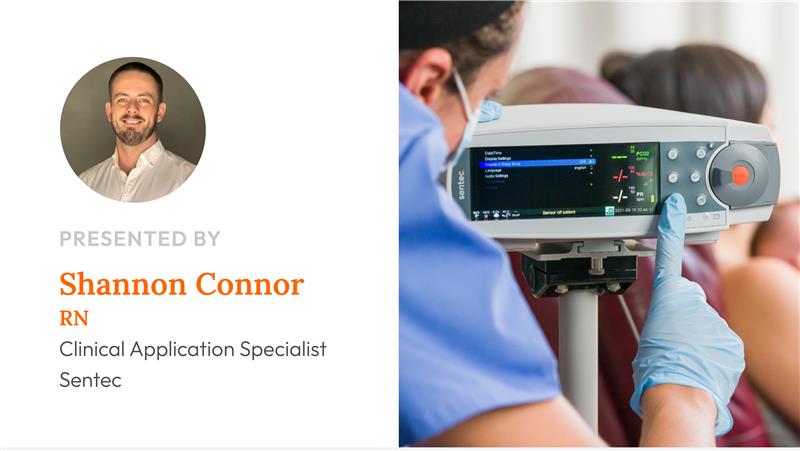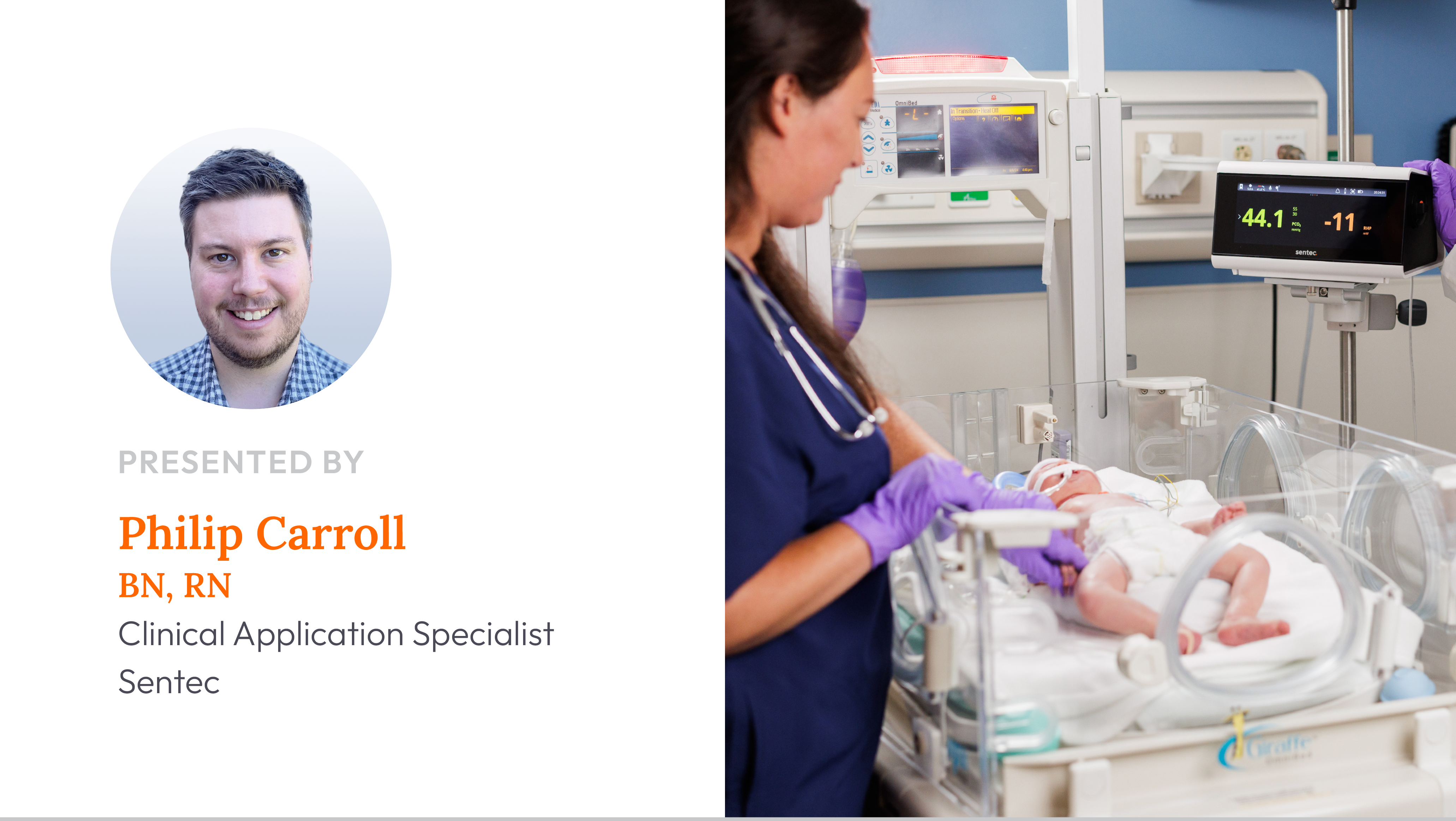Webinar
Recording
Ventilation Basics for the Sleep Technologist

Chris Russian PhD, RRT, RRT-NPS, RPSGT, FAARC
Professor, Program Coordinator for the Master of Science in Respiratory Care
Texas State University
Dr. Chris Russian brings more than two decades of diverse respiratory therapy experience and national credentials in respiratory care, polysomnography, and neonatal-pediatric specialty. He’s been teaching at Texas State University since 1999, now as the Program Coordinator for the Master of Science in Respiratory Care. Dr. Russian remains engaged in respiratory research and education, focusing on respiratory muscle testing and training, breathing devices, nasal cycle, and airway clearance.






